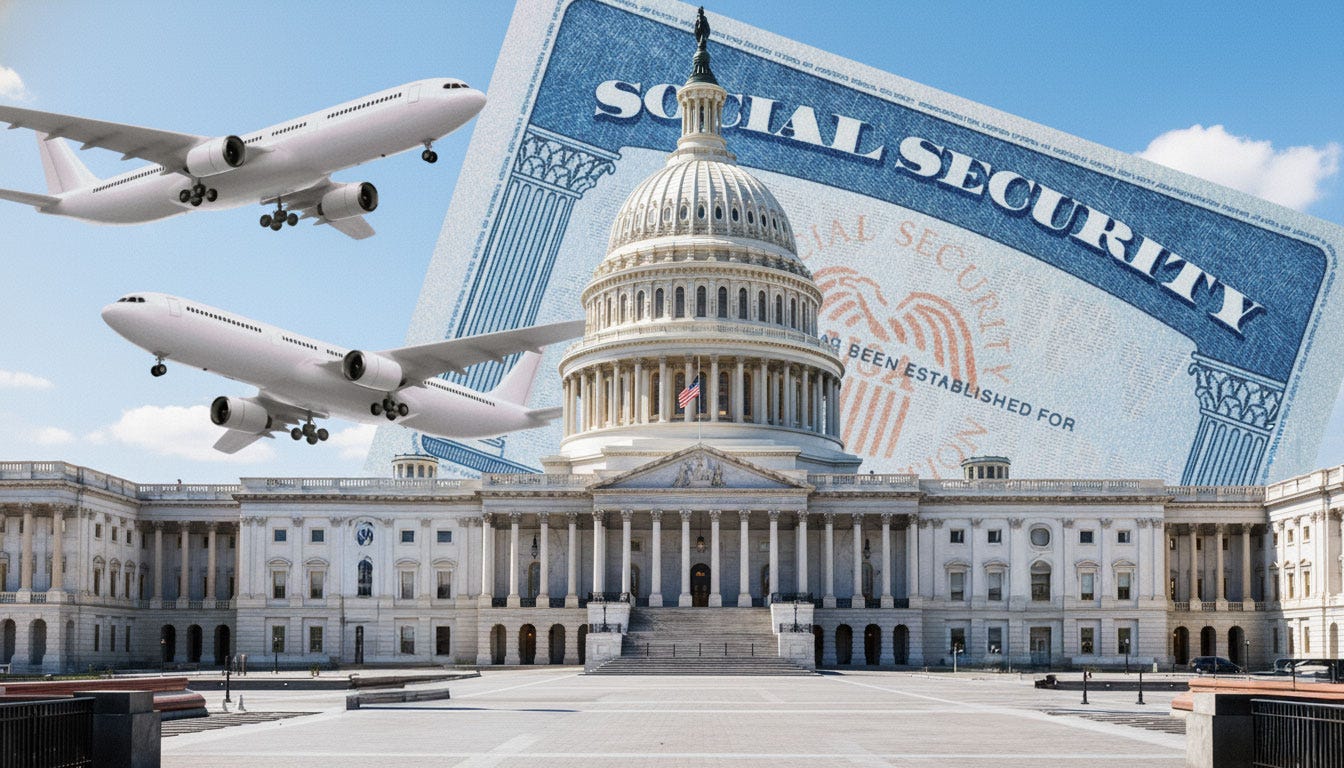The Governing Abyss and How Political Paralysis Threatens the Democratic Soul
The ongoing US government shutdown is more than a budgetary dispute; it is a profound symptom of political paralysis that erodes public trust and reveals fundamental vulnerabilities within democratic governance. This analysis delves into the systemic failures and human costs of a gridlock that threatens the very foundations of collective action and societal well-being.
The Big Question: What Does Perpetual Gridlock Reveal About Governance?
We often find ourselves staring into the abyss of another government shutdown, and it’s easy to dismiss it as ‘just politics.’ But what if it’s more than that? What if this chronic political paralysis isn’t just an inconvenience, but a stark signal of a deeper sickness within our democratic system? I’ve been reflecting on how these moments force us to ask fundamental questions about whether our institutions are still serving us, or if they’ve become instruments of stagnation, where partisan battles are privileged over the very real needs of people.
Unpacking the Crisis: Essential Services Held Hostage
Think about the immediate ripple effects of a shutdown. Air traffic controllers, unpaid and stressed, leading to flight cuts. Essential services that keep our society running, from public health to welfare programs like SNAP, suddenly operating at reduced capacity or halted altogether. These aren’t just abstract policy debates; they’re direct hits on the lives of millions. It makes me think of what Hannah Arendt observed about the banality of evil—how systemic failures, driven by bureaucratic inertia or political convenience, can have profoundly cruel human consequences. We see how essential human dignity is stripped away by political gamesmanship.
The most radical revolutionary will become a conservative the day after the revolution.
– Hannah Arendt
This quote, while perhaps not directly about shutdowns, captures the idea that even systems designed for good can become ossified and self-serving if not constantly reinvigorated with a commitment to their original purpose: serving the populace. The reports are grim: partial SNAP benefits, furloughs, and a cloud of uncertainty. This isn’t just a political squabble; it’s a profound betrayal of the public trust that undermines the very fabric of our society.
Why the Stalemate Matters: Erosion of Trust and Systemic Fragility
When politicians prioritize scoring points over actually governing, something vital breaks. The trust we place in our leaders, the very foundation of democratic legitimacy, begins to crumble. This isn’t just about whether your passport gets processed on time; it’s about the erosion of faith in the system itself. This persistent fragility, this dangerous comfort with brinkmanship, feels like a slow-motion collapse of civic cohesion. Václav Havel, in his reflections on post-totalitarian systems, spoke often about the importance of ‘living in truth.’ When our governing bodies continually demonstrate a disconnect from the practical truths of citizens’ lives, we enter a perilous space of collective denial.
The primary, most fundamental and universal task is to learn to live in truth.
– Václav Havel
This isn’t just for totalitarian regimes; it’s for any system that loses its way. Our politicians, and by extension, we, must confront the truth of how these shutdowns weaken us all.
Go Deeper
Step beyond the surface. Unlock The Third Citizen’s full library of deep guides and frameworks — now with 10% off the annual plan for new members.
Navigating the Impasse: Reclaiming the Public Good
So, what can we do? It’s easy to feel helpless, to see this as an intractable problem. But for ‘The Third Citizen,’ the path forward involves a conscious reclaiming of the public good. It’s about seeing compromise not as a weakness, but as a moral imperative—a strength that shows a genuine commitment to something larger than oneself or one’s party. We need to push back against the normalization of crisis and demand genuine collaboration. This means challenging the addiction to political convenience, the fear of genuine partnership, and the deep-seated denial that these recurring shutdowns are anything less than a profound threat. We must collectively choose to fortify our democratic institutions by insisting on ethical, effective governance, and by doing so, restore faith in our collective ability to shape a better future.



